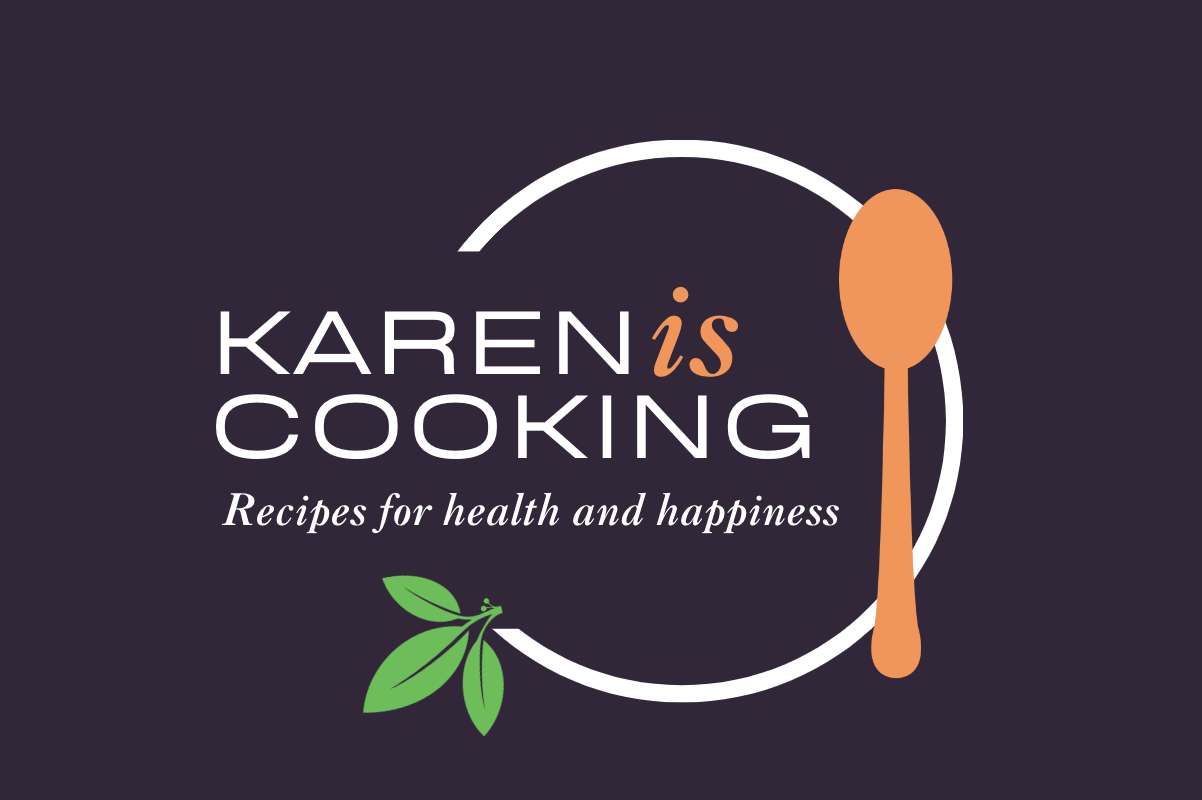Nourish Your Microbiome and Save the Planet
At first glance I know that the idea of a connection between your gut and being a super hero who takes part in saving the planet could be a bit of a stretch. Shall we say, hard to digest? But hopefully, by the time you reach the end of this article, you will at least be receptive to the concept that we cannot take effective altruistic actions without first, taking care of ourselves by way of our gut microbiome.
Ever since the sequencing of the human genome in 2003, scientists have tried to come to grips with the fact that we are a lot less human than we thought we were. Coming in with just 21,000 genes, the human genome is less than the wheat plant, which has 26,000 genes, and we can’t even compare with the lowly water flea which has 31,000 genes.
Isn’t is shocking and humbling at the same time? But you see, we are not composed only of our genes. Each one of us is an ecosystem comprised of trillions of microbes that have evolved with us since the beginning of life on earth.
So, we are not alone. Never was, and never will be. In fact, we cannot survive, let alone thrive without the symbiotic relationship with microbes. These trillions of co-inhabitants, composed of bacteria, virus, fungi, and archaea (single-cell prokaryotic microorganisms); contain 4.4 million genes, and collectively they are the microbiome. Therefore, our genes in collaboration with the microbiome is really how we function as human beings. And in fact, they live in all areas of our bodily real estate from head to toe, inside and out. Put simply, we are less human, and more “other”. The concept of “self” has been blown apart. Although the mystics knew this long long ago. Didn’t the Buddha mention something about “non-self”?
Alright, let’s turn our attention to our gut, digestion, microbiome, and nourishment and see what it takes to keep everything healthy and happy so that we can save the planet.
Our digestive tract, which is about 30 feet long, contains a hefty quota of those trillions of microorgasms , some of which manufacture enzymes, vitamins and other substances that aid the digestive process. And since digestion is the foundation of good health, we need to eat foods that will not only feed our human genes, but also those of our microbiome.
Think of your “gutbiome” as the soil on which you grow and thrive. Just as a gardener or farmer needs healthy soil that contains bacteria, fungi, algae, and other organisms; we need a varied and balanced gut microbiome.
Now, how do we use this information in a day-to-day manner which will actually be of benefit to ourselves, others, and Mother Earth? If you want to go to a protest, write a petition, help pick up garbage from the beach, or engage in any other acts of positive change, you need to feel well and emotionally balanced. And especially now, in the time of pandemics, you also need to keep up your immunity strong.
In addition to a clean diet free of pesticides, the inclusion of fermented foods such as sauerkraut, pickles, kimchi ,yogurt; or beverages, such as water kefir or kombucha, is the key to adding in bio-available probiotics to your gut.
The undisputed health benefits of eating fermented foods are now accepted in a cross section of disciplines: science (microbiology), medicine (allopathic and holistic), and culinary. It’s the only class of food I know that everyone gets excited about! Cupcakes were very popular, but rare is the doctor who would advocate eating them for digestive wellness.
“Fermenting does some of the digestive work for you, so it makes a lot of foods more digestible and the nutrients in them more bio-available,”
~ says Dr. Andrew Weil.
Here is just a short list of the health benefits provided by live-cultured foods:
· Memory: Sauerkraut contains choline which is an amino acid
needed for good liver health and the production of acetylcholine. This is a neurotransmitter that helps with memory and is protective against Alzheimer’s.
· Vitamin C: Fermented vegetables contain large amounts of vitamin C.
This common, and over looked vitamin is one of the most critical nutrients for the immune system, good vision, and to buffer stress.
· Minerals: Lacto-fermentation increases the bio-availability of minerals present in food, such as manganese, calcium, and potassium.
· Bacteriocins: Lactobacilli competes with harmful bacteria such as shigella, salmonella, and e.coli. Therefore eating fermented vegetables on a regular basis protects against these pathogens.
· Improves digestion: As people age, the production of hydrochloric acid is reduced, which means that the stomach is less able to properly digest food. Lacto-fermented foods help increase the action of hydrochloric acid, while also protects the integrity of the stomach lining.
Single cell organisms started life on earth, and they are still surviving and thriving in, on, and all around us; so let’s rekindle our primordial, ancient symbiotic relation with them, and let’s all come together to initiate a new paradigm in which we think in terms of “we” and “us” rather than the self-centric “I”. Let us be the super heroes we are waiting for to protect our beautiful planet and all the creatures living with us.
References:
Collen, Alana. 10% Human: How Your Body’s Microbes Hold the Key to Health and Happiness. New York. HarperCollins Publishers. 2015
Knight, Rob. Follow Your Gut. New York. Simon & Shuster. 2015
Yong, Ed. I Contain Multitudes: The Microbes within Us and a Grander View of Life. New Yourk. HarperCollins Publishers. 2016
https://www.genome.gov/human-genome-project


